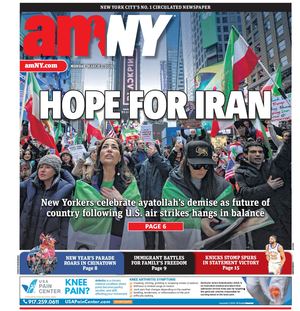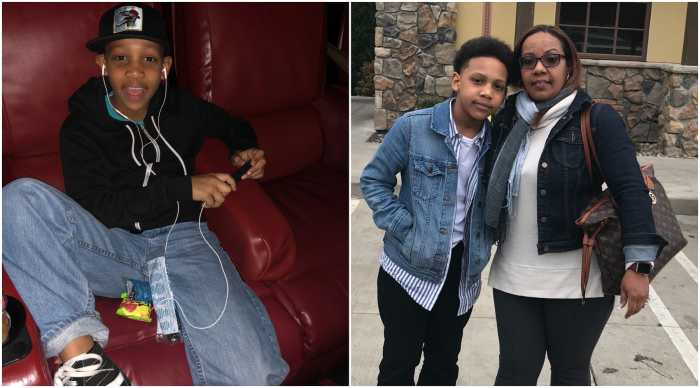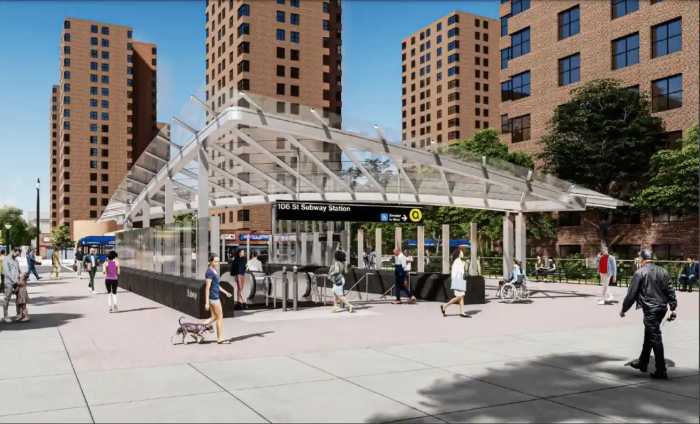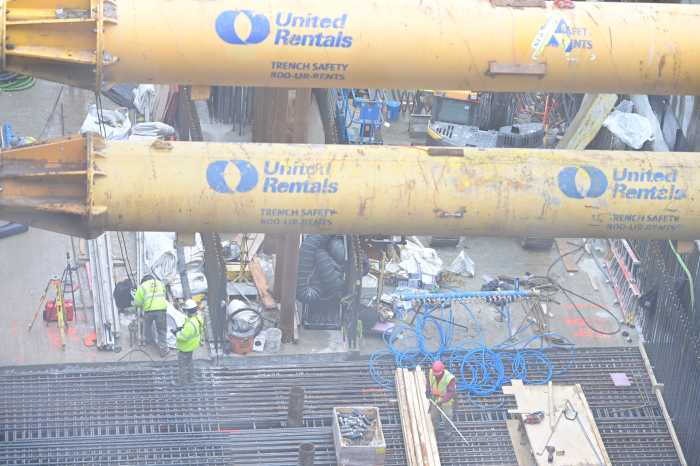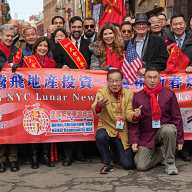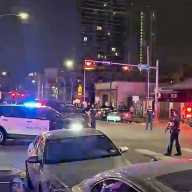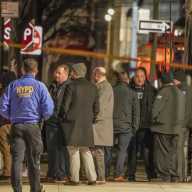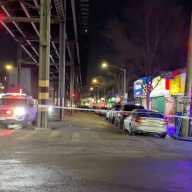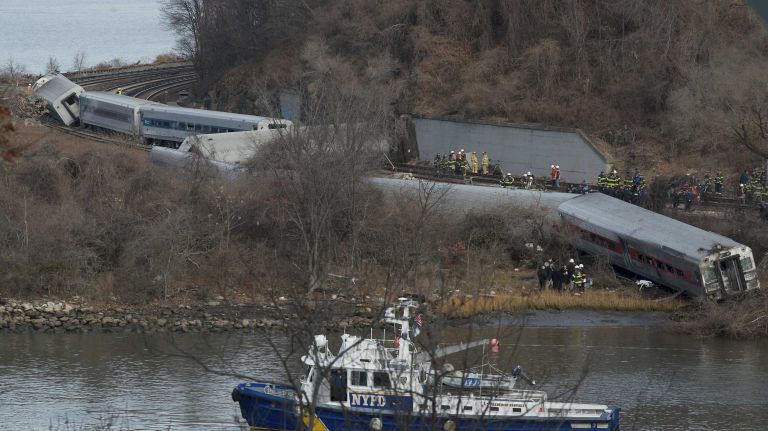
A Metro-North culture that prioritized on-time trains over safety, as well as repairs being pushed off and lax oversight from federal watchdogs had led to a spate of accidents including the massive December 2013 Bronx derailment that killed four people, officials said Tuesday.
At a news conference in Metro-North’s home at Grand Central Terminal, the National Transportation Safety Board, Sen. Charles Schumer and his colleagues from Connecticut laid a blistering critique of operations and safety at the railroad, which has been under new leadership this year.
“Two accidents on one railroad in a short period of time may be a coincidence,” said acting NTSB Chairman Christopher Hart. “Five accidents in one railroad in less than a year begs the question, ‘how important is safety at Metro-North?’”
The NTSB released reports detailing the probable cause of those five incidents, which also include the deaths of two Metro-North employees, a freight train derailment and a derailment in Bridgeport, Conn. The Bronx derailment at Spuyten Duyvil was the most serious accident, likely caused by a conductor with undiagnosed sleep apnea who fell asleep while his Metro-North train hurtled at 82 mph into a curve with a speed restriction of 30 mph, according to NTSB investigators. Four people died and 61 passengers were injured.
“The NTSB report represents a horror house of negligence resulting in injury, mayhem and even death,” Schumer said alongside Sens. Richard Blumenthal and Chris Murphy of Connecticut. “It seems clear from the NTSB report that had Metro-North been doing what it was supposed to be doing, then every one of these accidents could have been avoided.”
Metro-North was chided for delaying track maintenance, “incomplete and inaccurate” briefings for workers, failing to have extra safety precautions for workers and ignoring long-recommended NTSB suggestions. For instance, NTSB’s Hart said the board has been pushing sleep disorder screenings and positive train control technology for more than a decade.
Ahead of the federal reports, MTA officials on Monday announced a new chief safety officer — a former NTSB director, David Mayer — to oversee initiatives across its agencies. Since the derailment, Metro-North officials said the agency is working to install positive train control and other recommendations from the NTSB and the Federal Railroad Administration. It’s working to install inward and outward-facing cameras on trains, it posted new speed signs and has put in automatic speed controls.
A spokesman for the Federal Railroad Administration, criticized Tuesday for being an absent regulator, said the agency prioritizes mandates from Congress first.
“We routinely address NTSB recommendations but this is a pipeline, as old ones are resolved, new ones are produced,” the spokesman Michael England said.
